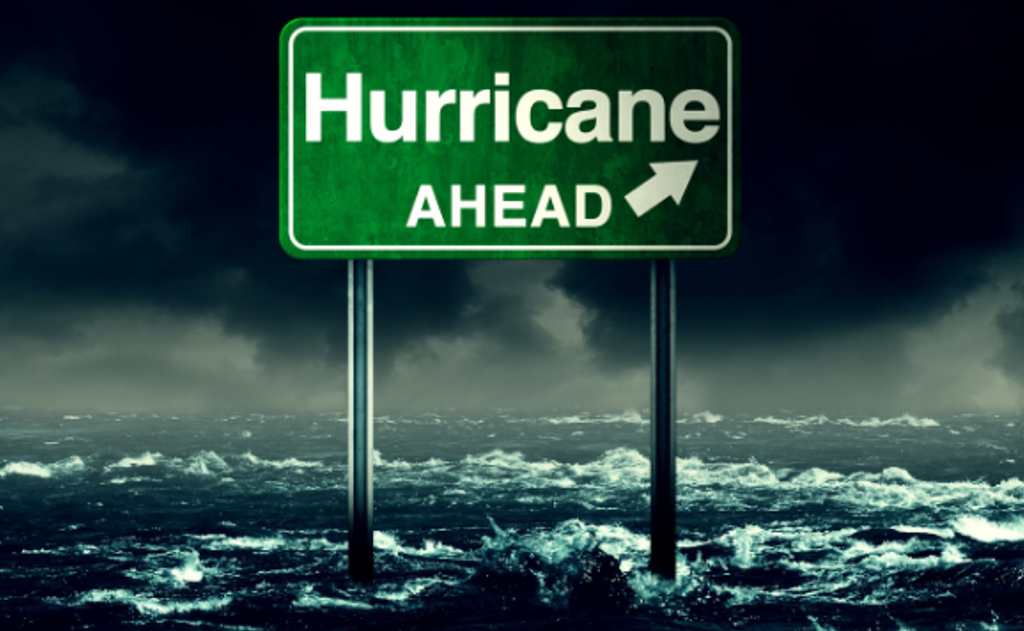The state of America’s infrastructure has deteriorated significantly, as evidenced by alarming statistics reporting frequent water main breaks, crumbling bridges, and an impending power crisis that could affect millions. With a C- rating on the Infrastructure Report Card, U.S. infrastructure challenges pose a substantial risk to public safety and daily life. Bridges are failing, roads are buckling under pressure, and essential services like clean water and broadband internet remain inaccessible to millions. This failure of infrastructure underscores the pressing need for a nationwide overhaul focused on fundamental needs rather than partisan squabbles. Our current reality reflects a systemic neglect prioritizing political grandstanding, military spending, and international aid over the immediate welfare of American citizens.
Hurricane Helene’s devastation starkly highlights governmental failures regarding infrastructure readiness, with cities submerged and basic necessities like potable water scarce. Politicians seem implausibly out of touch with the needs of their constituents, focusing instead on temporary distractions and military funding, which drains resources from essential services. The ongoing neglect mirrors a broader structural problem within the political system, where officials prioritize their interests over genuine solutions for the people. As the American populace continues to suffer from deteriorating infrastructure, the need for a re-evaluation of national priorities becomes increasingly evident.
The political landscape offers little hope for significant change, as evidenced by the findings of a Princeton University study revealing the U.S. operates as an oligarchy. The two-party system appears ineffective at addressing the actual needs of the people, both Republicans and Democrats bent on perpetuating wars while neglecting critical infrastructure projects that impact Americans daily. Wealth inequality is on the rise, and essential services falter, leaving millions of citizens without basic necessities. Continuing to pour taxpayer funds into military efforts rather than useful infrastructure policies indicates a misplaced focus within the government.
Addressing the nation’s decrepit infrastructure is of utmost importance but is hindered by the insatiable military-industrial complex that consumes enormous financial resources. James Madison rightly suggested that a nation cannot sustain its freedoms amid perpetual warfare, as such conflicts breed debts and diminish liberty. The reliance on military expenditures diverts attention from the foundational issues plaguing American society. With countless individuals in poverty and millions lacking jobs or homes, prioritizing military spending over infrastructural revitalization signals misplaced governmental priorities that require immediate rectification.
Dwight D. Eisenhower foresaw the dangers of a profit-driven military mechanism threatening both democratic processes and personal liberties. His warnings resonate today, reflecting the need to realign national expenditures toward uplifting societal infrastructure instead of perpetuating cycles of war. Eisenhower articulated the profound cost of military spending, denouncing its implications for healthcare, education, and overall societal well-being. The growing fusion of government and the arms industry, which he cautioned against, poses an existential threat to the freedoms and rights of ordinary citizens. Today’s challenges echo Eisenhower’s insights, revealing an urgent need to reestablish balance in national priorities.
Lastly, rebuilding America’s infrastructure and restoring respect for civil liberties requires a collective vision reflecting the needs of the people rather than the vested interests of the powerful few. The collapse of foundational support systems necessitates a proactive approach in addressing economic pitfalls by investing in service and rights that bolster citizen welfare. As the nation stands on the brink of infrastructural and social collapse, listening to the voices of the everyday American becomes imperative in shaping a better future. It is crucial to shift focus towards the essence of democracy—prioritizing the needs of all citizens over the self-serving agendas that have plagued political decision-making for far too long.

